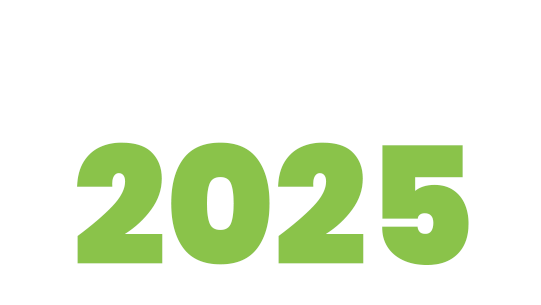
Computational Modeling of Temperature Compensation for Eddy Current Testing During PBF-LB/M
Please login to view abstract download link
The laser powder bed fusion (PBF-LB/M) process enables the production of highly customized parts with complex geometries. However, the mechanical performance of additively manufactured parts can be compromised by the presence of microstructural inhomogeneities. To address this issue, a reliable process monitoring tool is required to detect these flaws and improve part quality. Eddy current testing presents a promising solution for such monitoring [1]. However, the high temperature gradients within the manufactured specimen affect the electrical conductivity of the material, which, in turn, influences the eddy current testing performance. Therefore, accurately predicting the temperature distribution is essential for reliable flaw detection, which is the focus of this work. In this study, a Finite Element (FE) transient thermal model is developed to predict the temperature field in multipart build jobs. In this model, scan vectors are grouped into clusters based on their timestamps, enabling the homogenization of thermal loads from multiple scan vectors. When a single cluster is used, the thermal load is applied to the entire layer in a single step [2]. Increasing the number of clusters per layer — and thus the number of steps — enhances the accuracy of temperature predictions. This approach allows for optimizing the trade-off between modeling accuracy and computational efficiency. The study evaluates the prediction accuracy required for eddy current testing and investigates the optimal number of clusters (i.e., the adequate level of homogenization) needed to achieve this accuracy. The model predictions are validated through comparison with thermography images and thermocouple measurements. Finally, the concept of eddy current testing with simulation-based temperature compensation is evaluated on specimens with simple geometries. [1] Ehlers, H., Pelkner, M., and Thewes, R. Online process monitoring for additive manufacturing using eddy current testing with magnetoresistive sensor arrays. IEEE Sensors Journal. (2022) 22(20): 19293-19300. https://doi.org/10.1109/JSEN.2022.3205177 [2] Chaudry, M.A., Mohr, G., and Hilgenberg, K. Experimental and numerical comparison of heat accumulation during laser powder bed fusion of 316L stainless steel. Progress in Additive Manufacturing. (2022) 7: 1071-1083. https://doi.org/10.1007/s40964-022-00282-x

